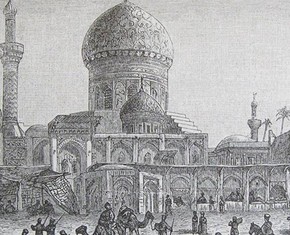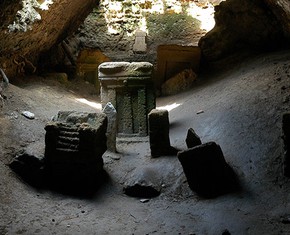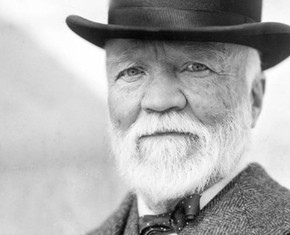The views expressed in our content reflect individual perspectives and do not represent the authoritative views of the Baha'i Faith.
How can we begin to understand the Nazis – is such enormous human evil even comprehensible?
The remarkable book Century of Light, prepared by the Universal House of Justice, the global governing body of the Baha’is, undertakes a distinctly different discourse on the causes and the solutions for humanity’s massive dysfunctions during the 20th Century:
Of Fascism’s founding regime, created by the so-called “March on Rome” in 1922, little need be said. Long before it and its leader had been swept into oblivion during the concluding months of the second world war, Fascism had become an object of ridicule among the majority of even those who had originally supported it. Its significance lies, rather, in the host of imitators it spawned and which were to proliferate throughout the world like some malignant series of mutations, in the decades since then. Fuelled by a manic nationalism, this aberration of the human spirit deified the state, discovered everywhere imaginary threats to the national survival of whatever unhappy people it had fastened upon, and preached to all who would listen the notion that war has an “ennobling” influence on the human soul. The comic opera parade of uniforms, jackboots, banners and trumpets usually associated with it should not conceal from a contemporary observer the virulent legacy it has left in our own age, enshrining in political vocabulary such anguished terms as desaparecidos (“the disappeared”).
While sharing Fascism’s idolatry of the state, its sister ideology Naziism made itself the voice of a far more ancient and insidious perversion. At its dark heart was an obsession with what its proponents called “race purity”. The single-minded determination with which it pursued its murderous ends was in no way weakened by the demonstrably false postulates upon which it was based. The Nazi system was unique in the sheer bestiality of the act most commonly associated with its name, the programme of genocide systematically carried out against populations considered either valueless or harmful to humanity’s future, a programme that included a deliberate attempt literally to exterminate the entire Jewish people. Ultimately, it was Naziism’s determination that a “master race” of its own conception must rule over the entire planet which was principally responsible for fulfilling Abdu’l-Baha’s prophetic warning of twenty years earlier that another war, far more terrible than the first, would ravage the world. Like Fascism, Naziism has left a detritus in our own time. In its case, this takes the form of a language and symbols through which fringe elements in present-day society, demoralized by the economic and social decay around them and made desperate by the absence of solutions, vent their impotent rage on minorities whom they blame for their disappointments. – The Universal House of Justice, Century of Light, pp. 59-61.
This important document goes on to make a critically important distinction in the way the Baha’i view of the world differs from the more conventional ones. Most conventional thinking in the world today conceptualizes the peacemaking process as beginning with a cessation of hostilities first; and then a gradual building of unity afterwards.
But the Baha’is believe the opposite – that true peace can only happen after we succeed in vanquishing the hatred that causes war.
The Baha’i writings, including the scriptural works from Baha’u’llah and Abdu’l-Baha and the insights of Shoghi Effendi and the Universal House of Justice, repeatedly stress that unity precedes a lasting global peace. In a complete reversal of the way the world has tried to go about making peace for a century now, the Baha’i teachings say if we want lasting peace, we must first eradicate the racial, national and religious hatreds that lead inevitably to war. The Nazis proved the point – for many years, efforts to tamp down the violence all that “master race” hatred produced were fruitless, and the entire world had to fight the most devastating war in human history as a result.
Baha’u’llah made this fundamental Baha’i principle clear when he said:
The well-being of mankind, its peace and security, are unattainable unless and until its unity is firmly established. – Gleanings from the Writings of Baha’u’llah, p. 286.

















Comments
Sign in or create an account
Continue with Googleor